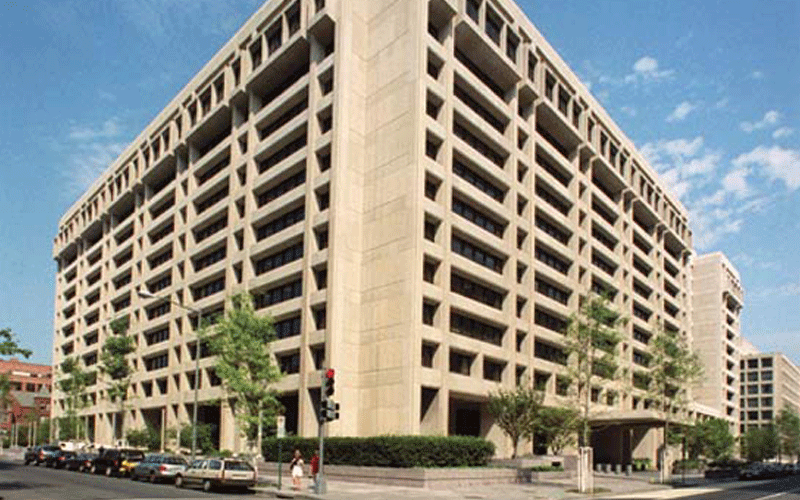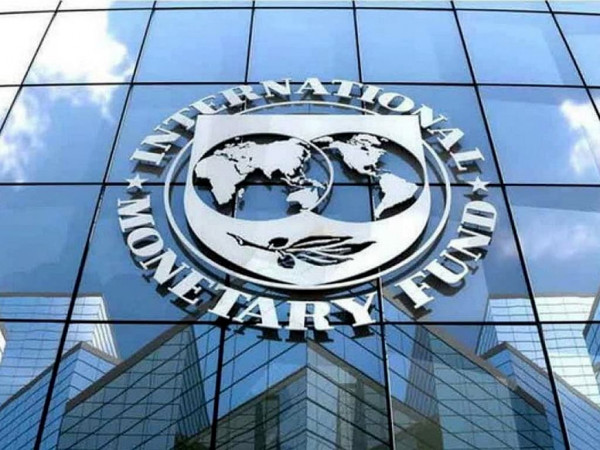Urgent need to build resilient supply chains in Africa

Judy Njino
At a time when substantial progress is being made in grasping the dynamics of Covid-19 and in managing the pandemic’s adverse impacts, we can easily become complacent and underestimate the increasing barriers to global trade and economic growth.
Whilst the pandemic started off as a health crisis, it quickly morphed into an economic crisis.
In 2020, the International Monetary Fund (IMF) forecasted a 3.3 per cent contraction in Sub-Saharan Africa, the first recession in 25 years. Covid‑19 shed light on the weak status of African supply and value chains.
Multiple national lockdowns continue to impact supply chains by slowing and temporarily stopping the movement of raw materials and finished goods, resulting in significant industry disruption.
In some areas, the pandemic has uncovered vulnerabilities as many businesses have faced labour shortages and losses, consequently magnifying problems that previously existed.
Whilst the informal sector and micro-enterprises employ a significant number of people across Africa, they are not considered as top stakeholders in the development of economic recovery plans. This in turn makes it difficult to coordinate regulatory responses.
Fears of reversing progress on the Sustainable Development Goals have been at the fore with some estimations projecting that 40–59 million more people could be driven into extreme poverty in Africa, adding to the current 455 million people.
Fuelled by stakeholder expectations, increasing regulations and a strong business case, navigating supply chains in a more sustainable direction has now grown from a praiseworthy ambition to a requirement for long-term sustainability.
Truly sustainable supply chains embrace socially responsible business practices as they continue to be the most important levers for business to create positive impact in the world.
By working together, buyers and suppliers in supply chains can promote human rights including labour rights, climate resilience and ethical business conduct.
These practices are not only beneficial to the planet, and the people who live in it, but they also help businesses thrive.
Can any lessons be drawn from the crisis on building resilient supply chains?
The most crucial is the imperative for more traceability in the global supply chain. Businesses will need to re-evaluate their supply chain risks in the new normal.
Incorporating aspects of sustainability in supply chain finance will provide incentives to small and medium suppliers down the value chain, further unlocking hidden markets and generating new revenue streams.
Sustainability in a post Covid-19 world should also be based on climate change adaptation and protection of the environment.
Regardless of the uncertainty that lies ahead, it is vital to maintain responsible business conduct.
Living wage levels must be established to safeguard vulnerable workers and to reduce inequality. Businesses must also rethink their procurement practices.
The United Nations Global Compact urges businesses to make sustainability a priority from the top level.
The Africa Continental Free Trade Area (AfCFTA) is a milestone toward a more integrated African regional economy and a commitment to further link Africa into the global supply chain.
By using their leverage as employers, producers and buyers, businesses will meaningfully contribute to poverty alleviation in their workplaces and supply chains.
If AfCFTA trading picks up during recovery, it will send a powerful message to the rest of the world about Africa’s commitment to regional integration and coordinated action.
Building more sustainable supply chains can help the continent recover better from Covid-19.
Through strengthened collaboration, we can ensure that the path ahead is stronger, and well-connected than ever before, enabling us to build responsible and resilient supply chains in Africa. —The writer is the Executive Director of Global Compact Network Kenya —[email protected]















